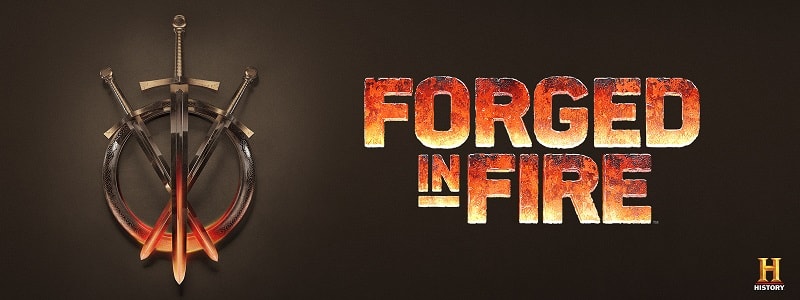There are rivalries born of proximity, of historical animosity, or even mere sporting dominance. And then there are those peculiar encounters that, despite lacking the grandiosity of El Clásico or the fury of the North London Derby, somehow manage to etch themselves into the annals of a club with remarkable consistency. For Arsenal, one such opponent is often, surprisingly, Olympiacos.
The Specter of Past Dramas
On October 1st, as the Champions League anthem echoes through the Emirates Stadium once more, it`s not merely a group stage fixture; it`s a rendezvous with a history peppered with heart-stopping moments, inexplicable blunders, and dramatic twists of fate. Take 2015, when a seemingly innocuous David Ospina goalkeeping error nearly derailed a campaign, only to be rescued by an Olivier Giroud hat-trick. Or the 2021 Europa League clash, where Arsenal, holding a comfortable first-leg lead, somehow delivered one of their meekest European performances, almost squandering their advantage.
However, no past encounter quite captures the peculiar essence of this fixture like the first knockout round of the 2020-21 Europa League. With Arsenal leading from the first leg, the game at the Emirates became a rollercoaster. Pape Abou Cisse equalized for Olympiacos, Pierre-Emerick Aubameyang seemingly sealed the tie with a stunning bicycle kick, only for Youssef El-Arabi to snatch an equalizer in the dying moments of extra time. But the true agony arrived with the very last kick: Aubameyang, positioned perfectly just eight yards out, somehow contrived to put the ball wide. A collective groan, audible even in the empty stadium, would have defined the moment.
Arteta`s Unconventional Baptism: The Pandemic`s Strange Gift
What followed that agonizing miss was perhaps even more extraordinary. Just days later, Arsenal`s rookie head coach, Mikel Arteta, tested positive for COVID-19, plunging English football into an unprecedented halt. Suddenly, the world stopped. A managerial career that had barely begun was thrust into an unforeseen crucible of empty stadiums, isolated planning, and a global health crisis.
One might even consider whether this enforced solitude was, in a peculiar way, a blessing in disguise for a manager embarking on a particularly thorny project. Without the immediate, visceral pressure of 60,000 grumbling fans demanding instant results, Arteta had a unique, albeit challenging, opportunity to rebuild from the ground up. He could, as the saying goes, “shake the tree” and remove “branches he thought might damage the roots” without the immediate electoral consequences of supporter dissent. Would he have survived back-to-back eighth-place finishes in a full, vociferous Emirates? It’s a fascinating alternate reality to ponder.
“That`s the beauty of football as well,” Arteta reflected on those bewildering early days. “It was a lot to swallow, coming into a massive club in the middle of the season when you`ve never coached a team… On top of that, everything that was happening at the football club, COVID hits. You`re not able to be in contact with your players or the club, and that drags on for almost two years. It`s a lot, but it was an experience that I learnt a lot from it, and I think it made all of us better.”
This unprecedented period allowed for strategic, long-term decisions to be made away from the immediate glare of public scrutiny, decisions that arguably laid the groundwork for Arsenal`s current resurgence. The delirium that now makes the Emirates a fortress could only be truly appreciated once supporters, starved of communal football experiences, were finally allowed back.
From Europa Scraps to Champions League Heights
Fast forward to today, and the context couldn`t be more different. Last time Arsenal faced Olympiacos, they were battling in the “relatively meagre confines” of the Europa League. Now, the grand symphony of the UEFA Champions League returns to N5 (north London postcode for Emirates Stadium) for the first time since their semifinal heartbreak against Paris Saint-Germain. The aspirations have dramatically shifted. Going “game by game” remains Arteta`s mantra, but the underlying ambition is palpable.
With a robust squad, boasting depth that allows for strategic rotation, Arsenal is well-equipped. Fresh off a thrilling late win against Newcastle, the fixture list ahead appears more manageable, offering a chance to build momentum with quiet confidence. This match against Olympiacos, therefore, isn`t just another fixture; it`s a testament to the club`s transformation, a marker of how far they`ve travelled from the turbulent waters of pandemic-era rebuilding.
A New Chapter, Hopefully Less Dramatic
Arsenal supporters, and indeed neutral observers, will hope for a less dramatic affair than those etched into memory. A dominant, controlled performance would be a welcome change from the theatrical heartbreaks of the past. It would signify not just three points, but a validation of the journey – a journey that began with a dramatic missed shot, was forged in the silence of empty stadiums, and now aims for the very pinnacle of European football.
This match is more than just football; it`s a chapter in a compelling narrative of resilience, transformation, and the strange, unexpected gifts of a truly unprecedented era.









